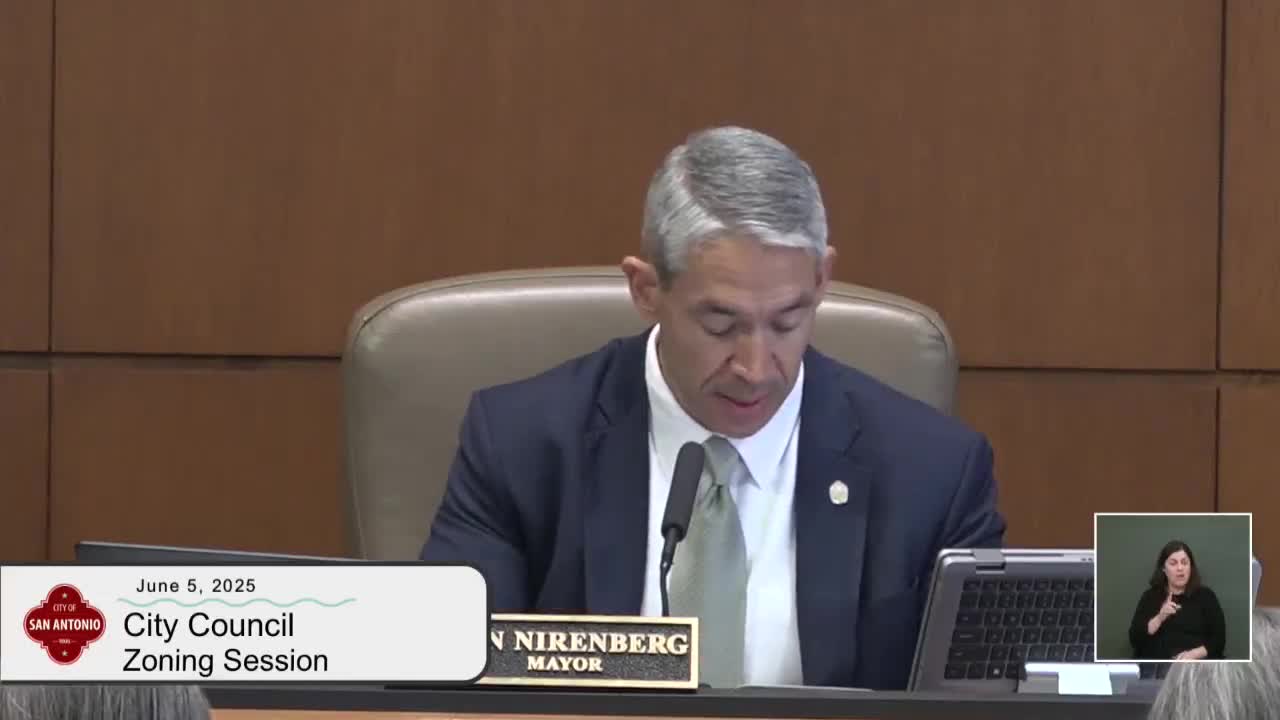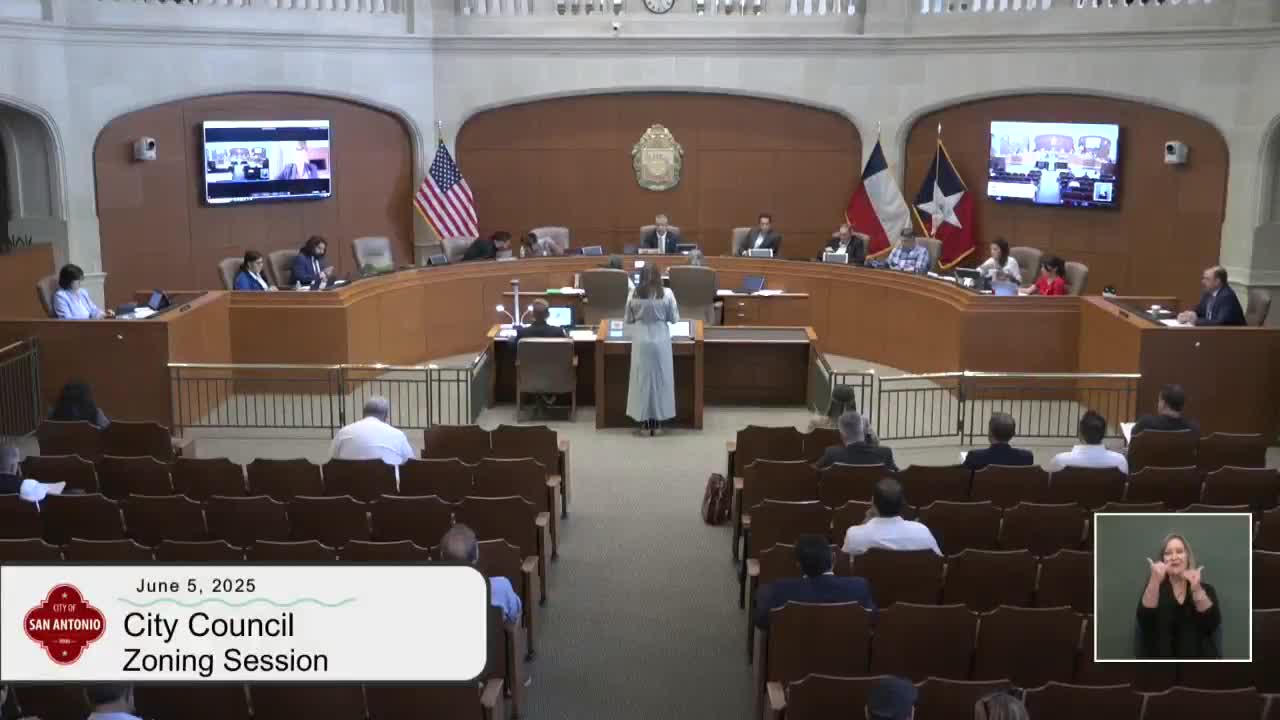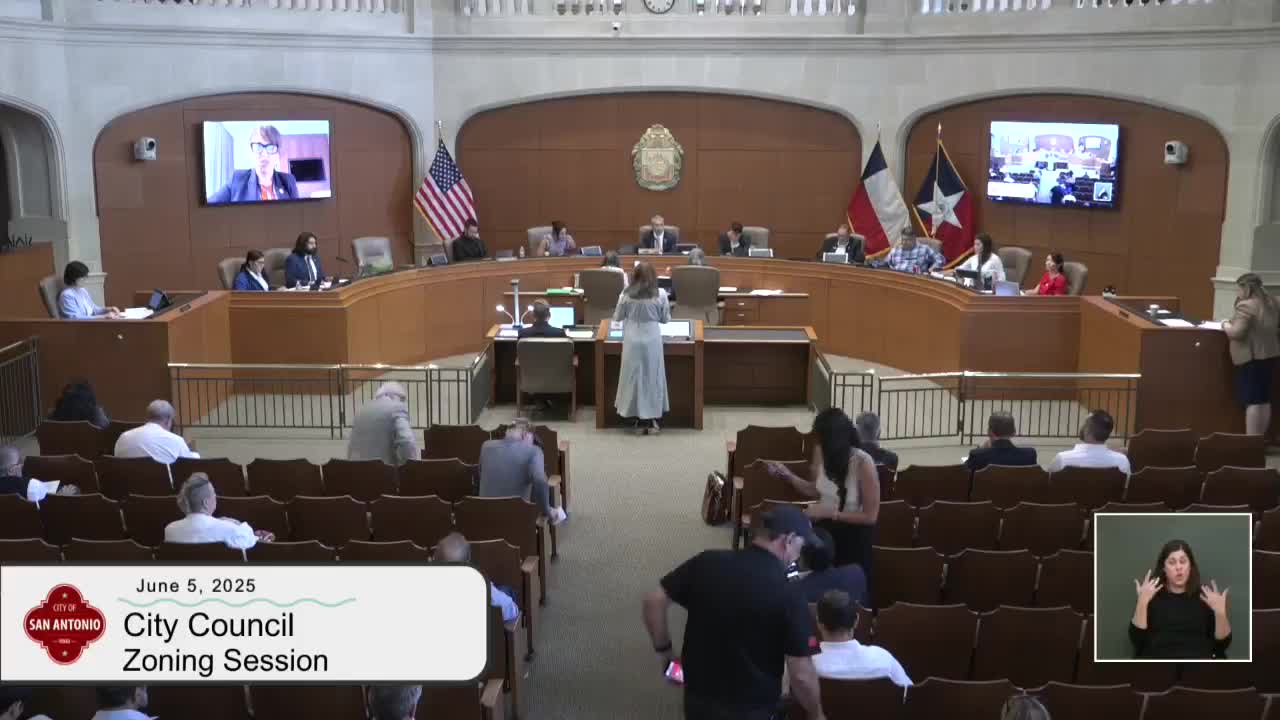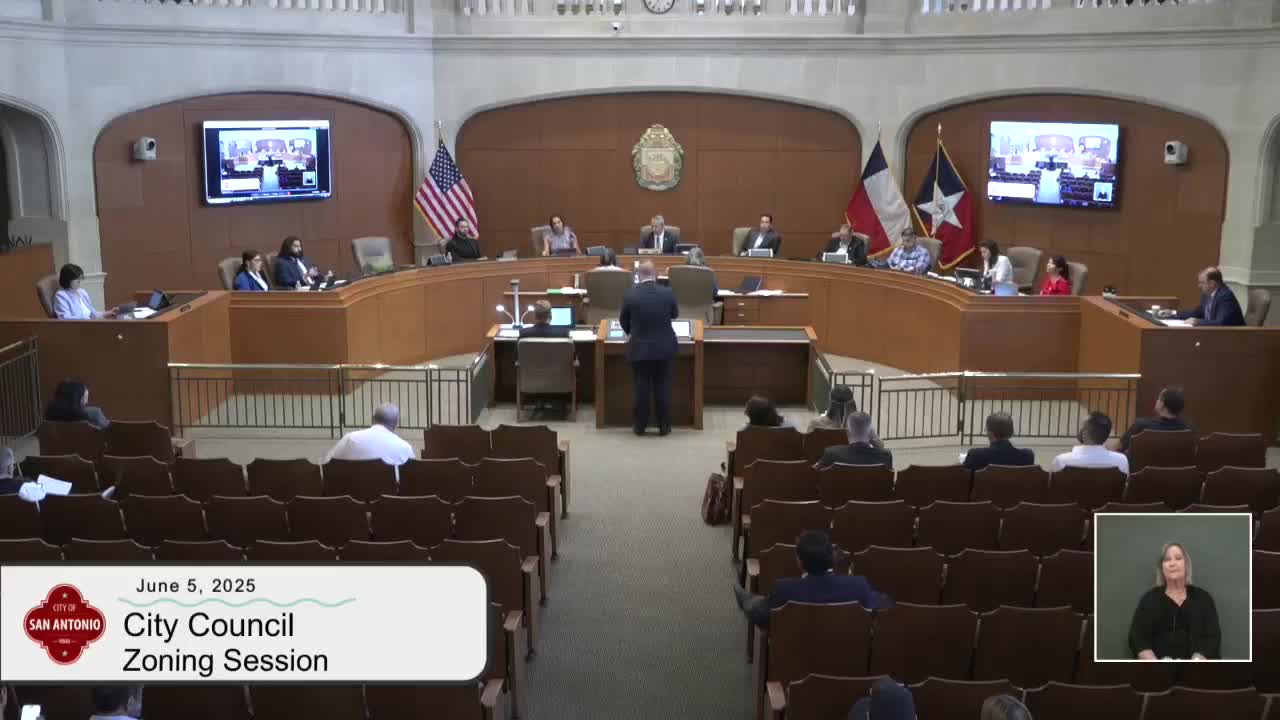Article not found
This article is no longer available. But don't worry—we've gathered other articles that discuss the same topic.

Zoning votes at a glance: summary of council actions June 5, 2025

Council approves rezoning of motel site to higher-density housing amid debate over nearby industrial uses

Council splits on alcohol variances: one approved after recusal, another denied

